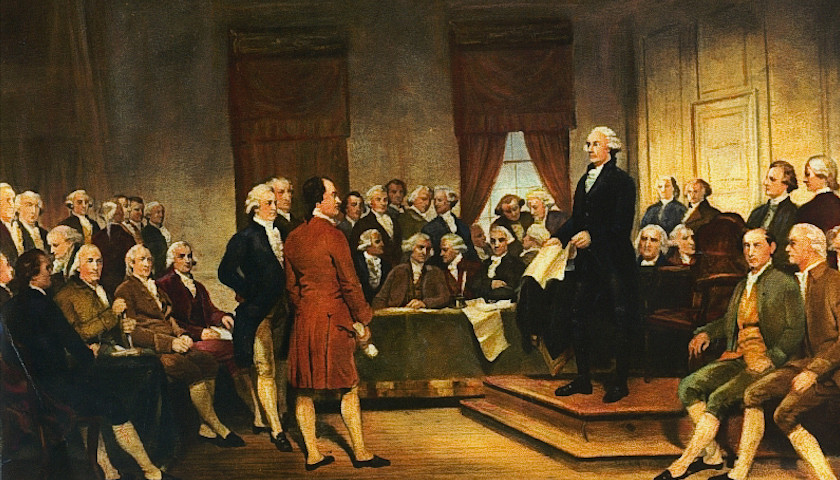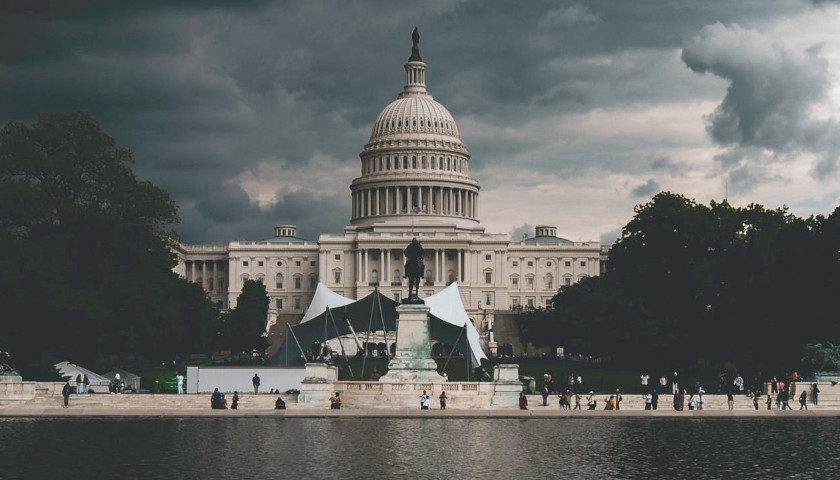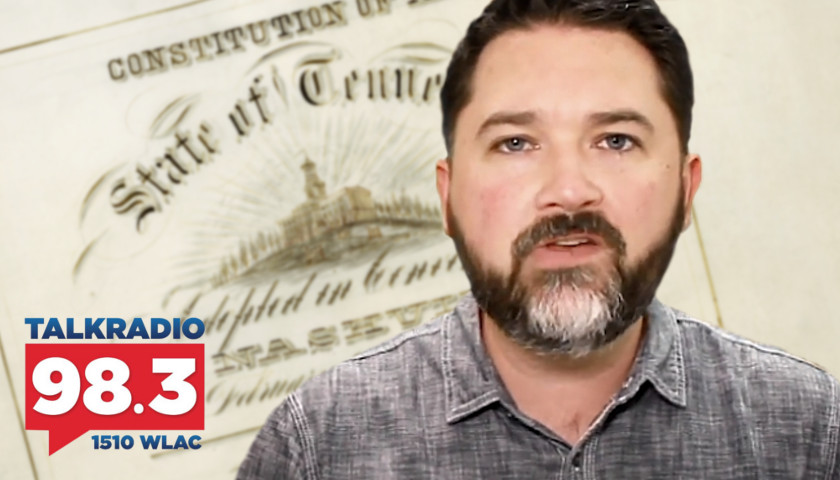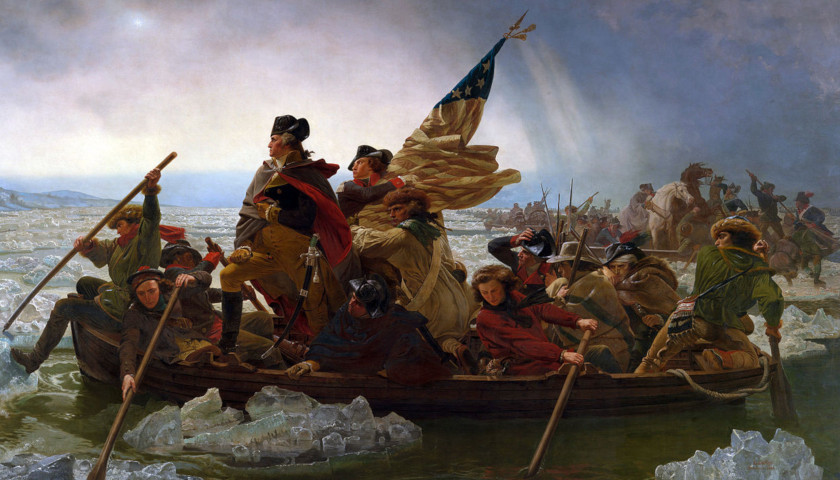The American system does not require unanimity. In fact, its design presumes deep disagreement on matters of morality and policy.
This is why questions like religion are left to individual conscience, and why most policy is left to states or even smaller units, where the law’s touch will not be felt as harshly, because it reflects the more similar values of a smaller group. Finally, regardless of who has the reins of the federal government, the Constitution renders a great deal of substantive activity off limits, as exemplified by the Bill of Rights.
Read the full story




